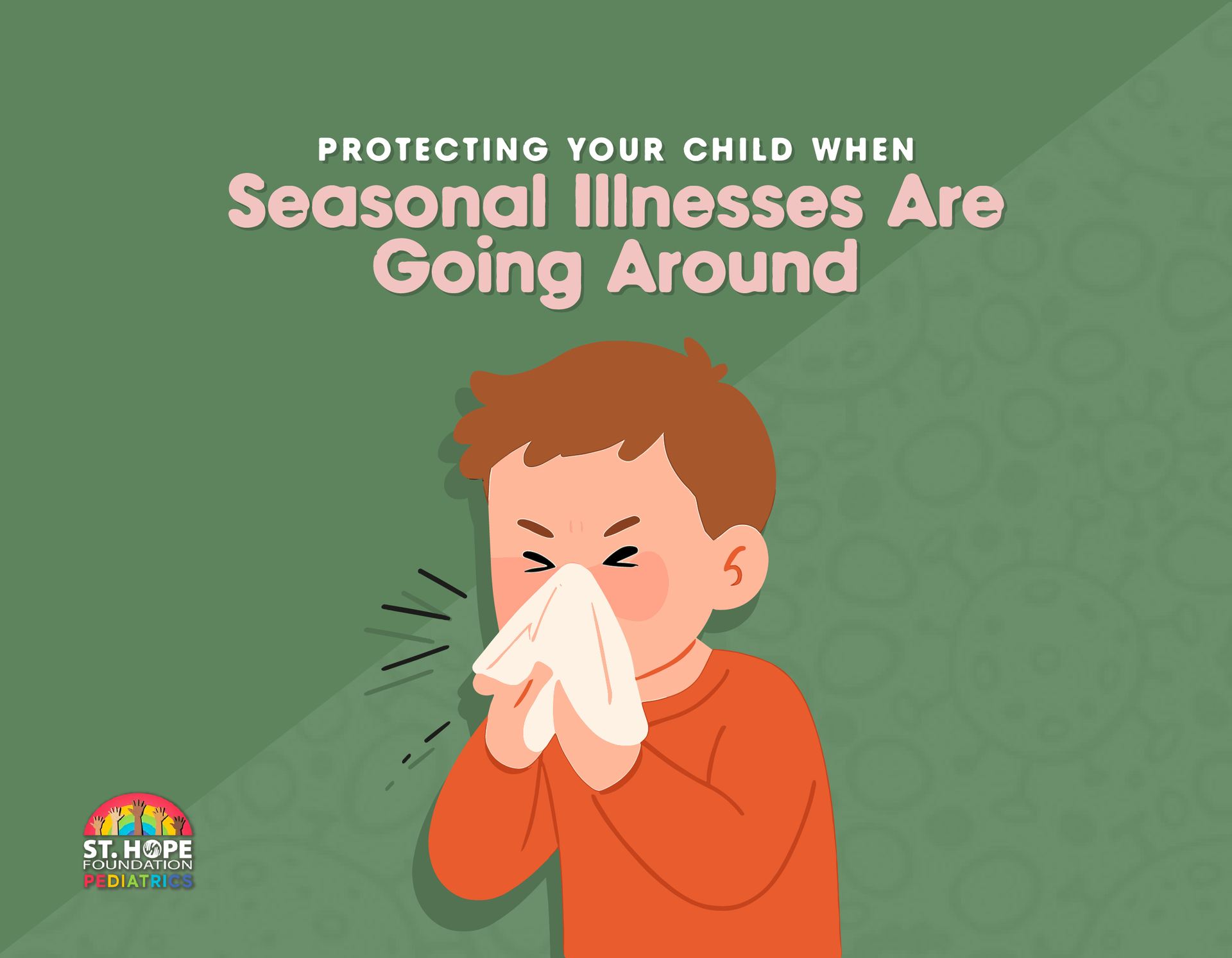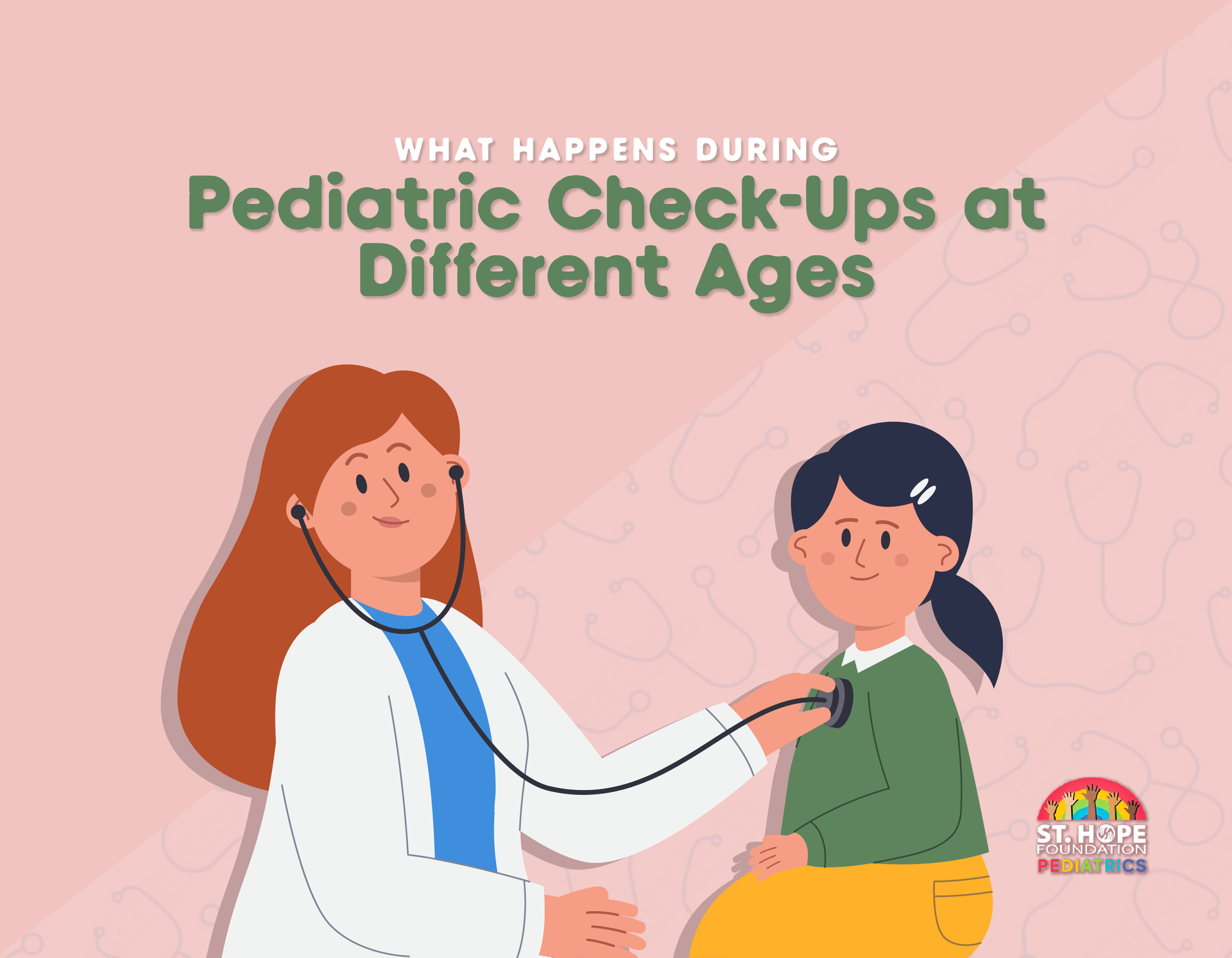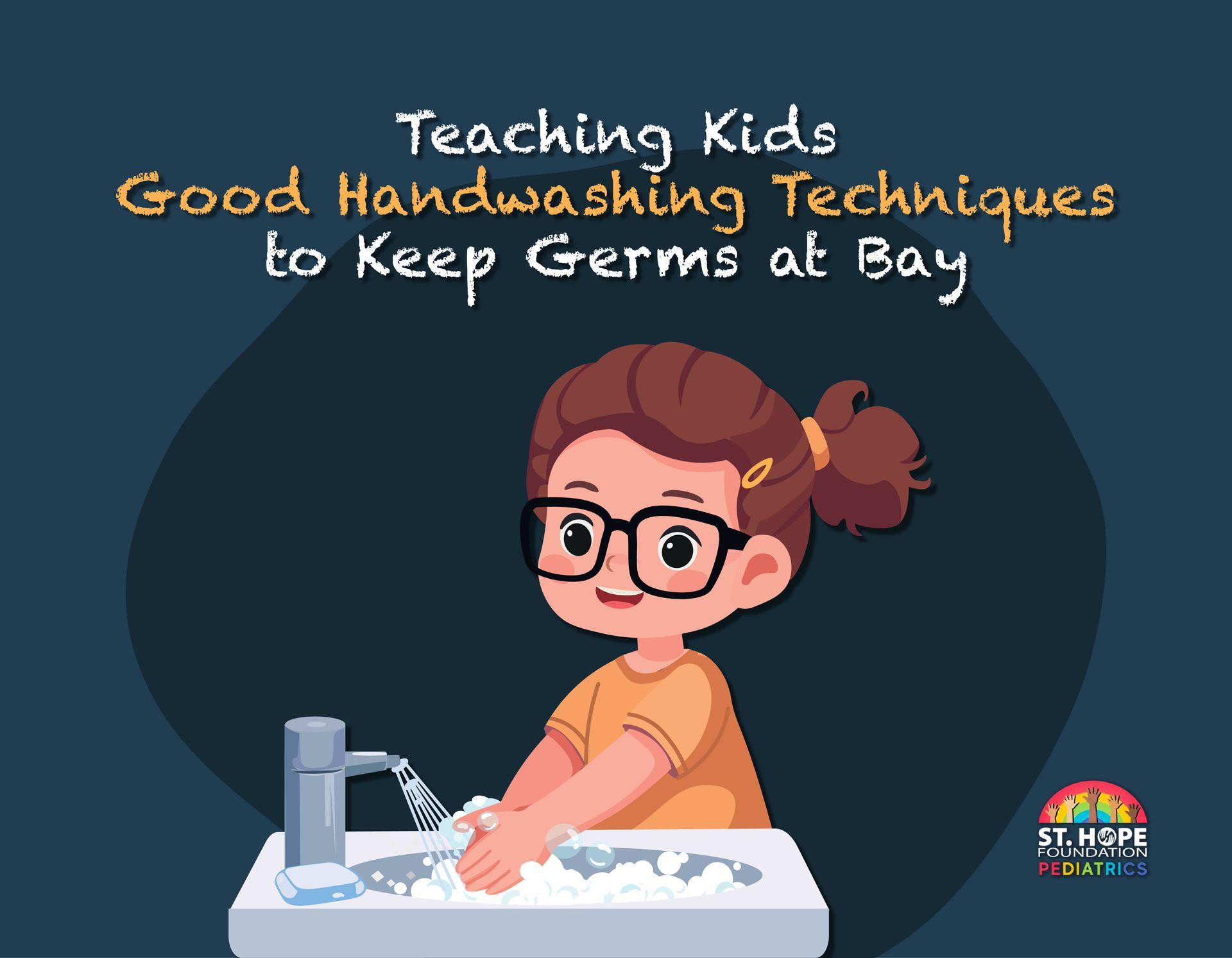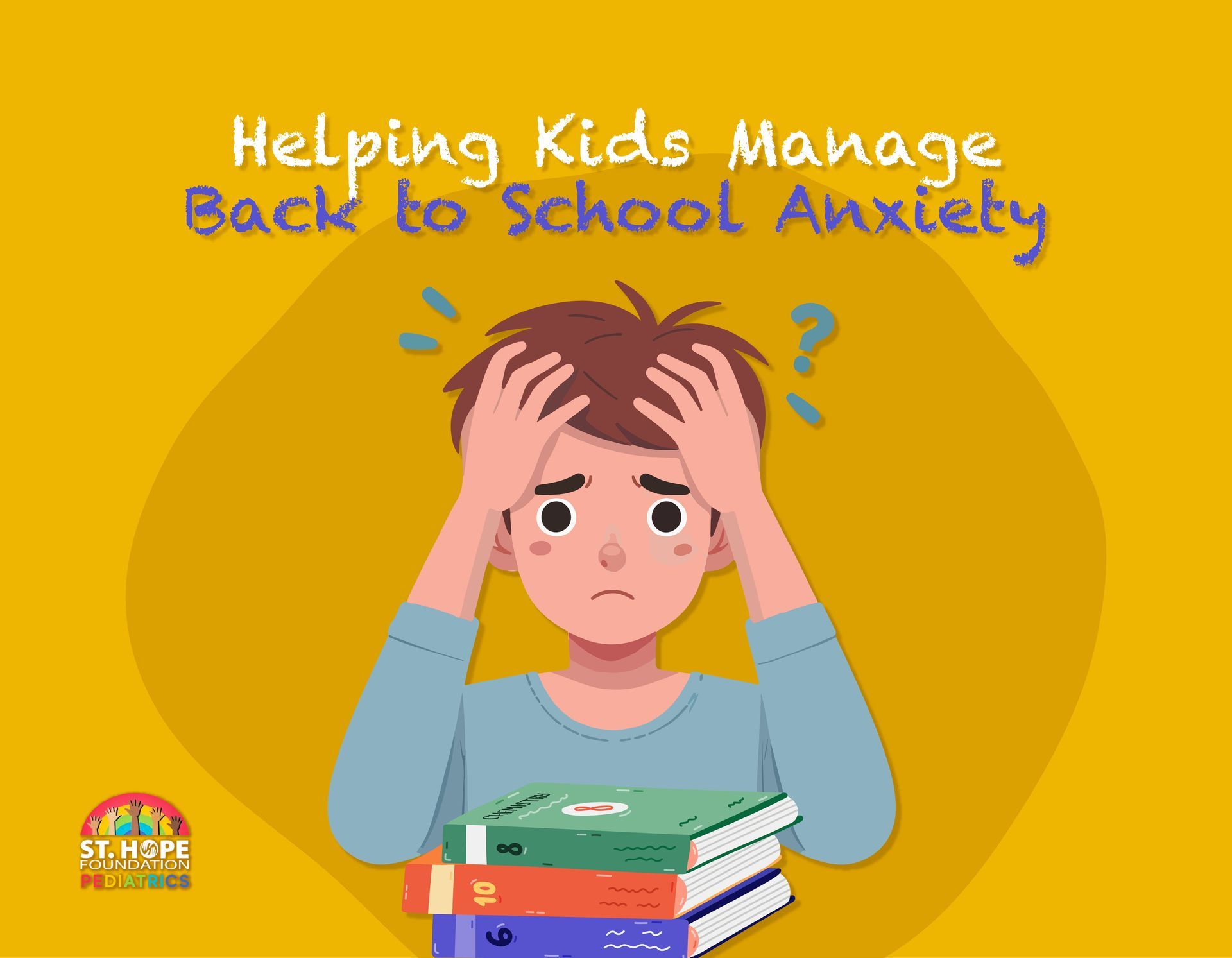Is There a Minimum Age Requirement for Getting Braces?
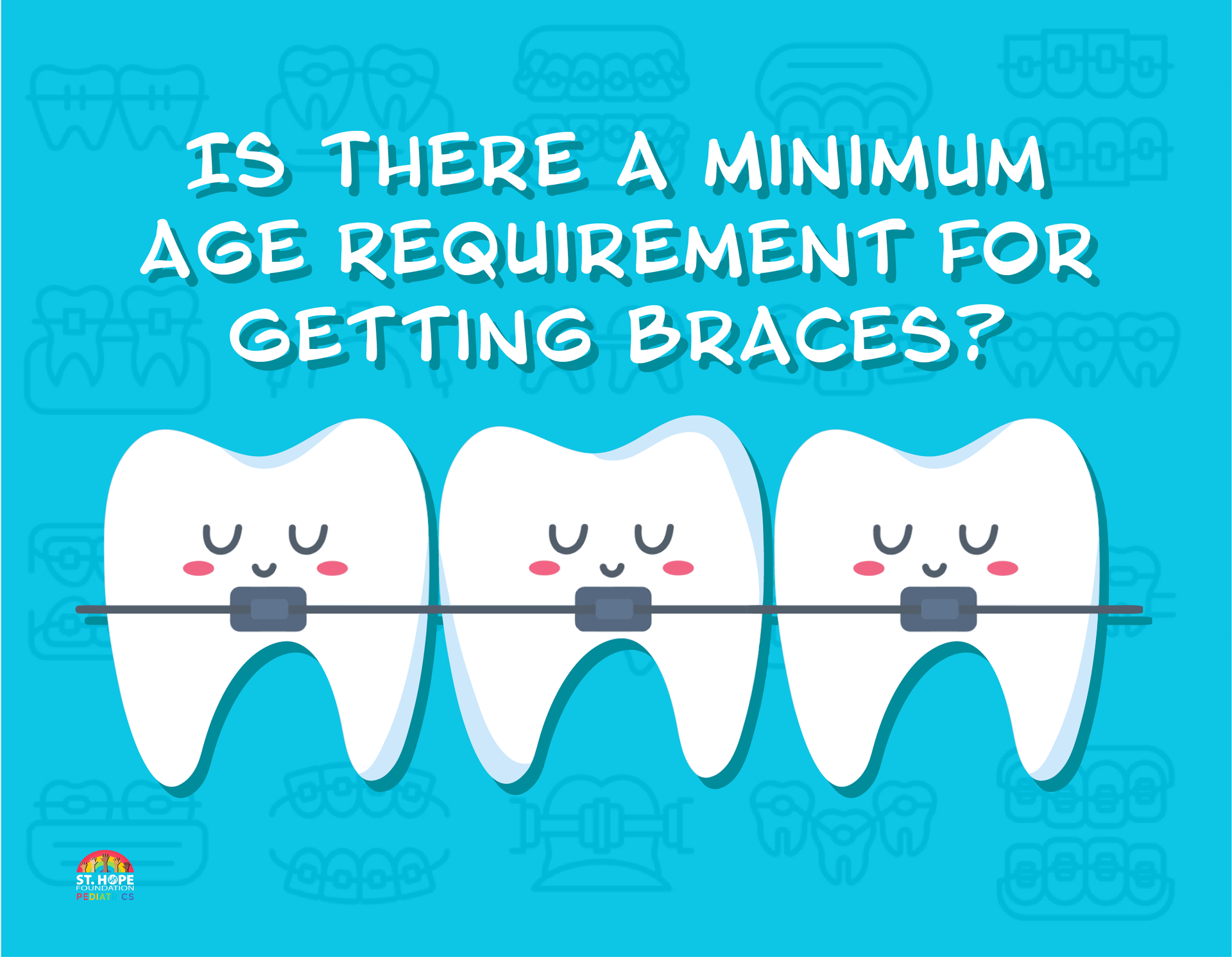
Most orthodontists will recommend waiting at least until your child’s adult teeth have all come in before implementing a teeth straightening strategy with braces. There’s no uniform age at which this occurs, which is why there’s no specific minimum age at which a child becomes eligible for braces.
Your child’s dental health is important for their physical wellbeing as well as for their confidence as they grow older. Dental health is often kept separate from general health in our healthcare system, which can lead patients to believe that the two don’t relate to each other. This is not the case. Poor oral health is linked to several health conditions that affect other parts of the body.
Cavities and other dental issues can cause your child pain when chewing and can make getting proper nutrition difficult. Preventative dental care can help ensure poor oral health doesn’t negatively impact your child’s development or happiness.
Braces can serve a similar role, especially if a child is self-conscious about the perceived straightness of their teeth. Braces do more than give your child a dazzling smile. They are used to correct bite problems and malocclusion (imperfect positioning of teeth when the jaw is closed). This can prevent future issues that can lead to tooth decay or other oral health challenges. They also prevent other related conditions like gum disease and jaw problems.
What Age Should Children Get Braces?
Most orthodontists will recommend waiting until their full set of adult teeth comes in, the most common age for this being 11 years old. While there is no set age for when this will occur, it is common for tweens and teenagers to receive metal braces.
Everyone’s dental needs are different, and it is best to rely on the advice of your dentist or orthodontist to confirm whether your child needs braces or not.
If you suspect your child will benefit from braces, it’s likely worth your time to visit an orthodontist between the ages of seven and 10. At this age, an orthodontist can accurately see developing issues with tooth eruption and growth that your child might have.
Some habits or effects that might indicate your child will need braces now or in the future include:
- Thumb-sucking or thrusting the tongue against teeth
- Delayed eruption of upper and lower front teeth
- Teeth are already crowded and there isn’t room for new teeth to grow in properly
- Your child has a crossbite or overbite
What Is the Youngest Children Can Get Braces?
Your child might be able to receive braces as young as seven to eight years old depending on their dental needs. When children receive braces this young it is often to correct issues with their jaw or bite that might become worse with age. Early treatment of these issues can help prevent future problems with speech, bite, chewing and appearance, which can have an impact on your child’s confidence during their development.
What Should I Expect After Getting My Child Braces?
It is common for your child to feel discomfort after getting braces. They may feel tenderness and soreness in their teeth and mouth for the first few days. Over-the-counter pain medication like Ibuprofen can help alleviate some of these symptoms. During the first couple of days after the braces are installed, you should stick to soft foods for your child like yoghurt, mashed potatoes and soup.
Your child will likely need orthodontic wax which can be bought at a drugstore. The wax is meant to be used on brackets and wires that may cause soreness in your child’s mouth. All your child needs to do is squish the wax between their fingers and place the wax on the braces where it is rubbing against and irritating the soft tissues in their mouth.
Your child will need to make frequent trips to the orthodontist after getting braces to have them adjusted. If you have time, it is recommended that you attend these appointments with your child to learn about their progress and any potential issues.
Are You Looking for a Pediatric Dentist?
Finding a dentist and orthodontist that specializes in children can feel stressful. Your child likely has some anxiety about visiting the dentist too, which can make the whole thing feel much more difficult than it needs to be.
We have offices in Houston and Sugar Land where we offer comprehensive pediatric care, including dental care. Our dentists are attentive to the unique dental health challenges facing children and always apprise parents of their child’s oral health development, including alignment assessments and whether a child should visit an orthodontist.
Contact us at (713) 778-1300 or visit our website to learn more about our pediatric dentistry services and to schedule your first appointment.

